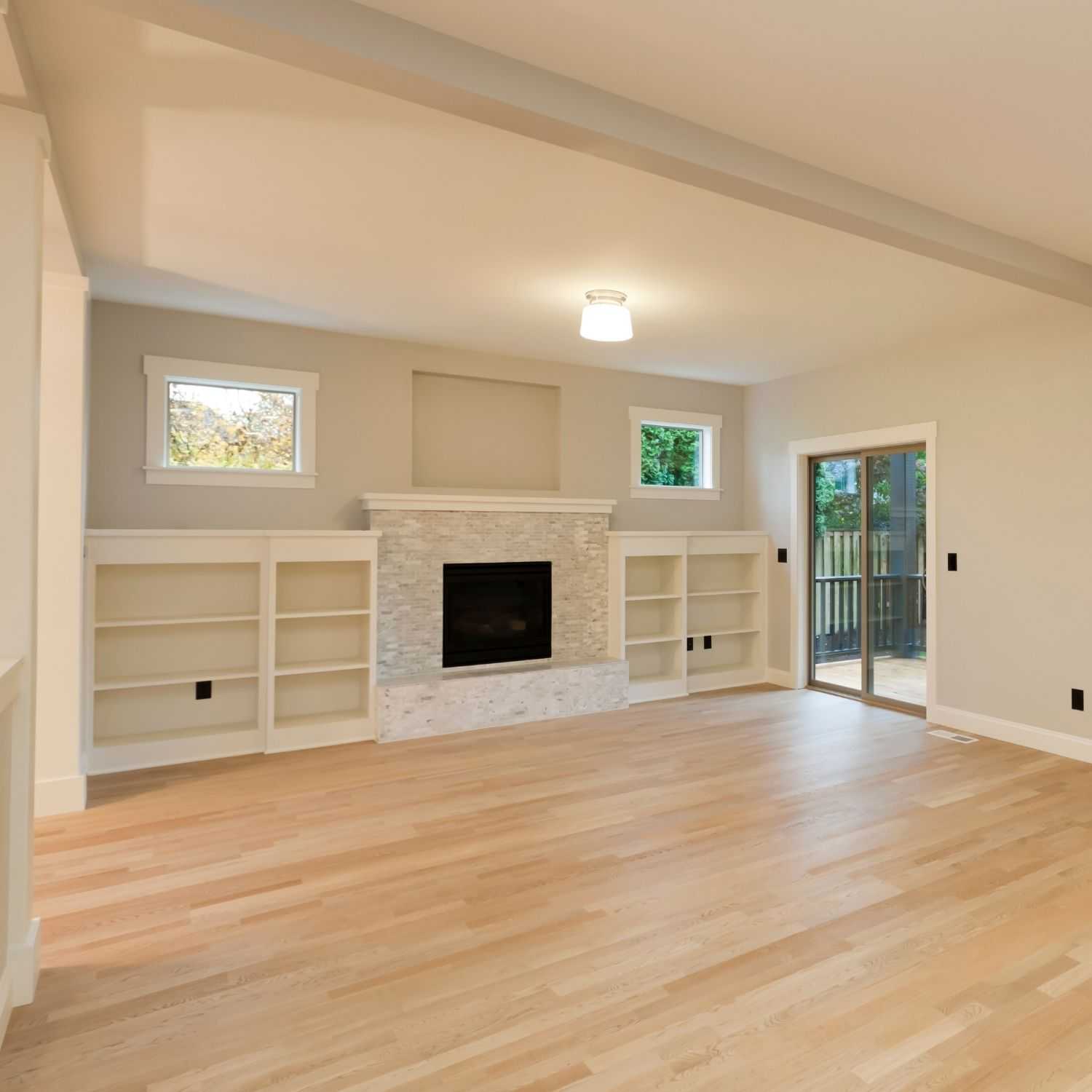Share
(Article updated June 2025)
Deposit protection schemes are one of the many legal requirements that landlords in London have to comply with. It must be initiated immediately upon receipt of the deposit for an assured shorthold tenancy agreement.
This protects not just the deposit but also the rights of the landlord and tenant, especially when disputes arise.
In this article, you’ll learn more about rental deposits, specifically how they should be handled, what schemes exist to protect them and how landlords like you can use them to navigate disputes confidently.
What is a Deposit Protection Scheme?
A deposit protection scheme (DPS) is a government-approved service that ensures the money deposited by the tenant is protected. The landlord or letting agent should put the money in a scheme within 30 days of receipt. If there’s no money involved (e.g. the deposit is in the form of a car or jewellery), there’s no need to use a tenancy deposit scheme.
For England and Wales landlords, you can choose between the following deposit protection schemes:
TDP schemes in Scotland and Northern Ireland differ; therefore, please refer to their respective government websites for more information.
These schemes offer two options for landlords.
First, there is the free custodial scheme, where the service will hold the deposit and look after it throughout the tenancy period. After the tenancy, they will release the deposit after both the landlord and the tenant have finalised the amount. This custodial deposit protection scheme is an excellent option for those seeking to minimise costs.
Second, there is the insured scheme, where you (landlord) or the letting agent holds the deposit during the tenancy period. The TDP service will be paid a small fee to protect (insure) it. Although the money stays with the landlord or agent, the deposit remains protected.
When choosing a deposit protection scheme, check their customer service. Read reviews and ensure you’ll get timely support, especially during disputes.
Why Deposit Protection Matters
The law mandates that all deposits given for assured shorthold tenancy agreements that started after 6th April 2007 are placed in a tenancy deposit protection (TDP) scheme. Failure to comply forfeits the landlord’s right to serve a Section 21 notice under the Housing Act 1988. After the Renter’s Rights Bill passes into law, the tenancy deposit protection scheme will remain a prerequisite. But this time, it will involve serving a valid Section 8 notice (which holds new rules on fair evictions).
Non-compliance will also result in a fine of up to three times the deposit amount and potential damages if the tenant decides to pursue a claim.
The tenancy deposit scheme (TDS) protects the landlord’s rights by ensuring tenants will only get their deposit if:
- They meet all tenancy agreement terms.
- They do not cause damage to the property.
- They have paid the rent and bills before moving out.
Otherwise, the landlord has the right to use the deposit to compensate for any breach made by the tenant.
How Deposit Protection Schemes Work
After the tenancy agreement is signed, the tenant will give the deposit to the landlord or letting agent. If the annual rent is £50,000 or less, the deposit is capped at five weeks’ worth of rent. If the amount is more than £50,000, the deposit can be as high as six weeks’ worth of rent.
The landlord has 30 days to select from the available deposit protection schemes. The landlord can choose among the three government-approved schemes (the Deposit Protection Service, MyDeposits or the Tenancy Deposit Scheme) and between the free custodial deposit protection and the insured scheme.
Once the scheme is chosen, landlords should provide the tenant with information about their deposit. This includes the deposit amount, details of the TDP scheme (e.g., who will hold the deposit), and how the tenant can retrieve the deposit, among other relevant information.
After the tenancy period ends, the landlord is required to return the deposit to the tenant. In the event of deductions, the landlord is required to provide evidence and an inventory report to support them. The tenant has the right to dispute these deductions.
Dispute resolutions can be escalated to the TDP scheme, which is a free service they provide. Both landlords and tenants will have the opportunity to present their evidence. In most cases, resolutions are reached within three months.
Tips to Improve Deposit Protection Processes
While deposit protection schemes help protect the interests of both landlords and tenants, they do not eliminate disputes. If you want to minimise the risk of messy disputes, there are things you can do to improve the deposit protection process.
- Keep an accurate inventory and record of the property. Provide a detailed list of fixtures and furniture in the property. Before the tenant moves in, take a photo of the property’s current condition. This way, you have something to compare it to when the tenant moves out.
- Document all communication. Whether it’s through phone or email, keep a record of all conversations. If you discussed an agreement over the phone, ensure you reiterate it in writing via email and keep a copy for your records. This will clear up any misunderstandings in the future.
- Be prompt with actions. If there are sums or deductions, make sure you comply within the required timeframes to minimise legal complications.
Always be vigilant of new schemes or updates in the deposit protection regulations. Staying up to date will allow you to maintain complete compliance.
Common Questions About Deposit Protection Schemes
Your knowledge of deposit protection schemes will help you stay 100% compliant. Here are frequently asked questions and their answers, which will help you make the right decisions when it comes to protecting your tenant’s rental deposit.
Do I need a deposit scheme for every AST?
Yes, all assured shorthold tenancy agreements that started after 6th April 2007 (both new and renewed) must comply with the deposit protection regulations. This task should be completed within 30 days of signing the agreement.
Failing to get a deposit protection scheme will keep you from using the Section 21 notice or the Section 8 (once the Renter’s Rights Bill passes into law).
Can tenants challenge unfair deductions?
Yes, tenants are allowed to dispute deductions on deposits. All deposit protection schemes offer free dispute resolution as part of their service. Both the landlord and the tenant should submit proof to either support or dispute the deductions. An adjudicator would decide on the dispute, usually within 3 months.
Is there a cap on the amount of deposit I can take?
Yes, there’s a cap on the deposit you can get and it will depend on the rental price. If the rental amount is less than £50,000 per year, deposits should be capped at 5 weeks’ worth of rent. If the annual rent exceeds £50,000, the cap is equivalent to six weeks’ rent.
What if the deposit isn’t protected in time?
If the landlord fails to obtain a deposit protection scheme within 30 days after the agreement is signed, there’s a risk of paying three times the deposit amount. Non-compliance will also waive the right to use a Section 21 or Section 8 notice of eviction. Not to mention, this will cause problems when tenants take their claims to court.
Choose the Right Deposit Protection Scheme
Protecting the deposit of tenants is part of a landlord’s responsibility. Putting it in a government-approved deposit protection scheme is essential to comply with the regulations. It will also protect the landlord against property damage caused by the tenant and other breaches of the tenancy agreement.
Through proper schemes, detailed inventories, transparent communication and a respectful landlord-tenant relationship, both parties will feel secure about their agreement.
Do you need expert assistance in handling tenants? Work with a property management company like City Relay. You’ll enjoy a comprehensive package of services that includes creating tenancy agreements, dispute resolution, compliance checks, and more.
Let us help you with deposit protection schemes in London. Get a free rental income estimate from our online calculator.













